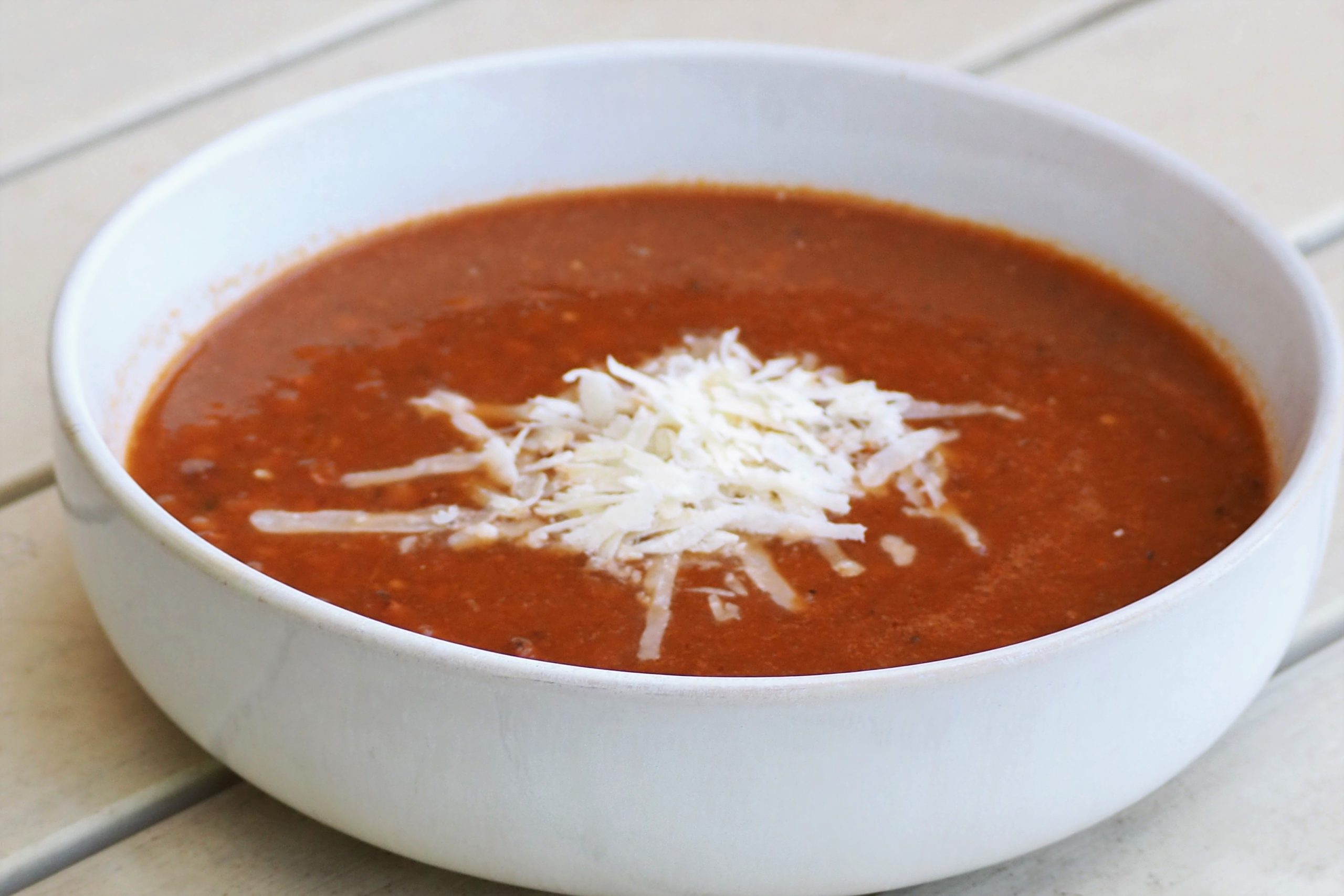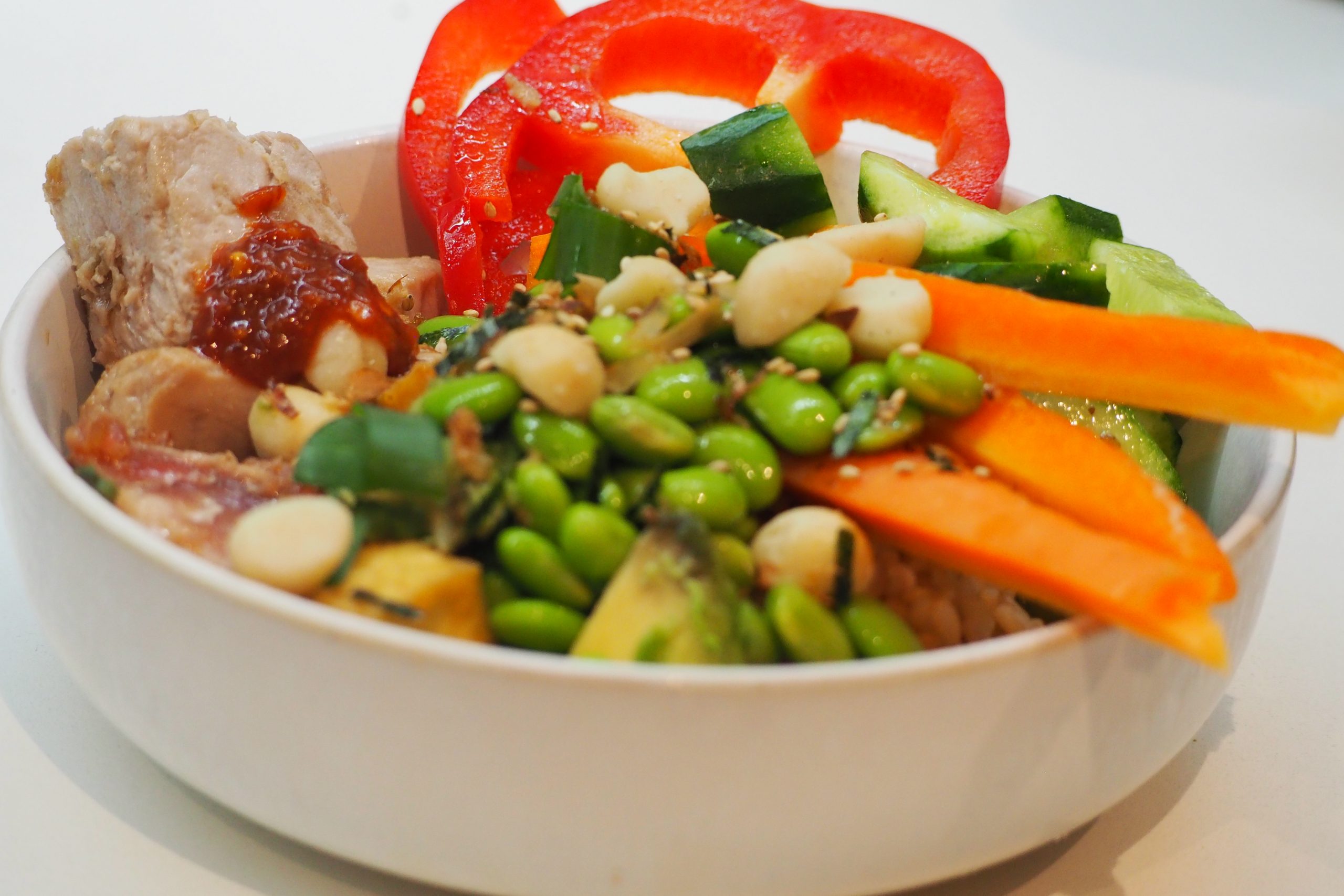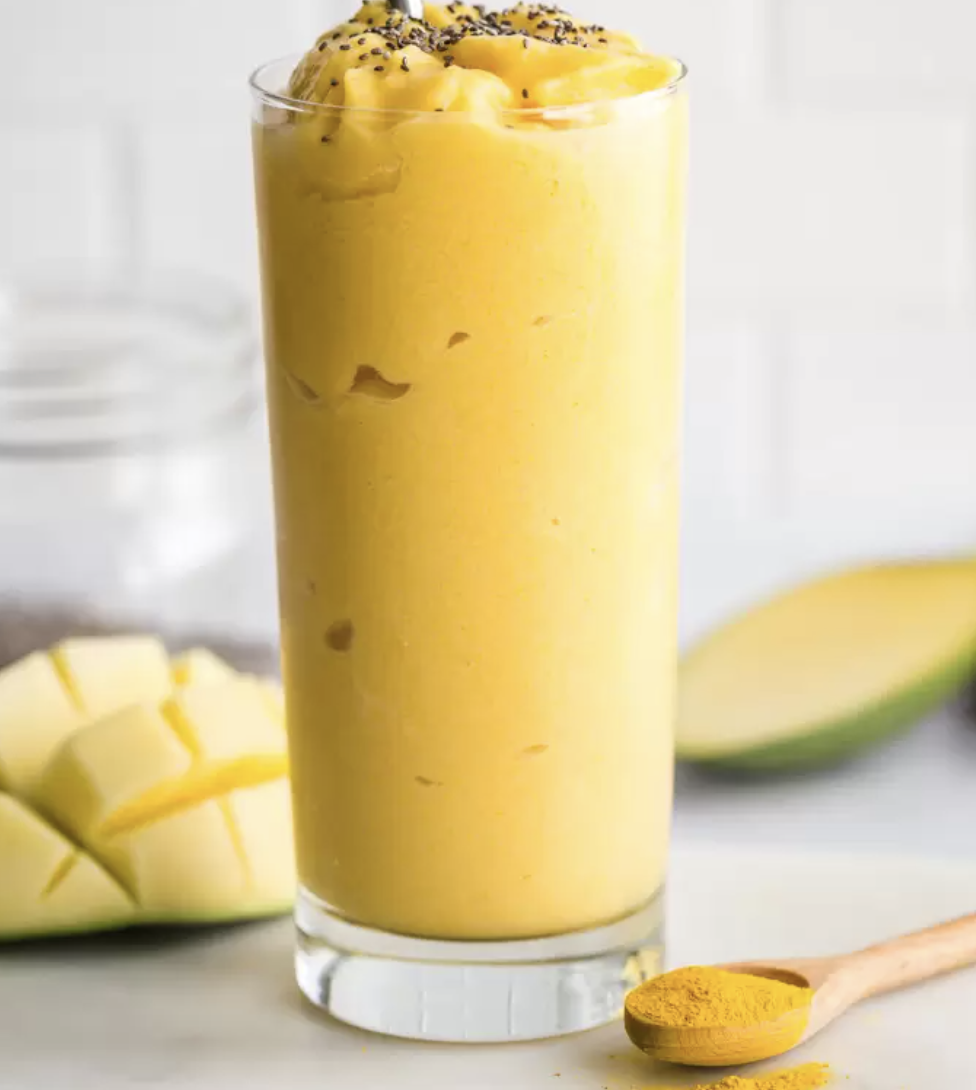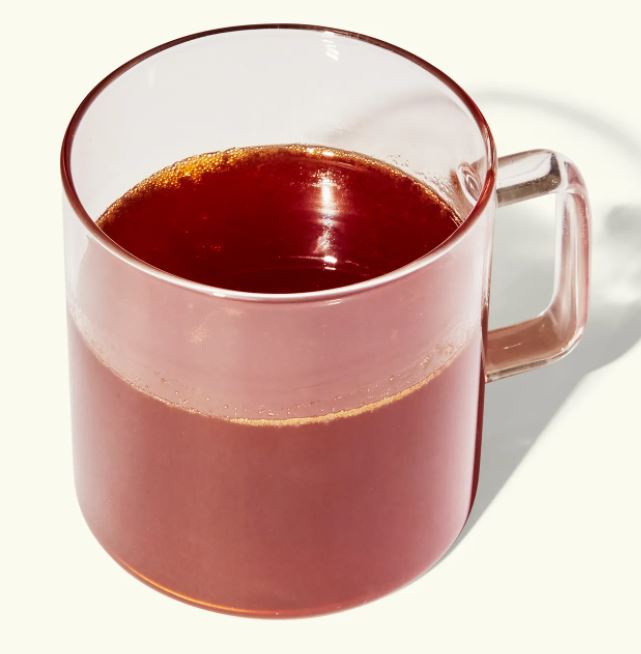I’m sure you’ve heard plenty about wonder diets promoted as effective treatments for cancer. Some advise people with cancer to cut out dairy products or meat, or to live mostly on raw foods, to follow an alkaline or keto diet. Many people area also advised to take mega-doses of vitamins or antioxidants.
Very often they go hand in hand with apparently irresistible endorsements from people who found that following them appeared dramatically to improve or even cure their cancer.
To the person struggling with cancer and the sometimes grim realities of treatment – fatigue, rushed appointments, hospital travel and parking charges, and so on – it is very understandable that such diets may appeal as being delightfully out of the clinical domain.
They’re something you can do for yourself and as such completely under your control, with no unpleasant drugs and side effects. But, while such diets may empower people with cancer, do they have any effect?
My own opinion, which I’m sure you’ll have guessed by now, is that such diets are at best far more trouble than they’re worth, and at worst potentially dangerous. This is also not the time to be cutting major food groups out of your diet, especially those that are high in protein, energy and the key nutrients needed to help with recovery and helping reduce losses of lean muscle.
To take just one simple example, some anti-cancer drugs have a bone-weakening effect – if you then give up dairy products, you run quite a risk of osteoporosis. On a more general level, very often such diets are far too restrictive, and can be not only tedious and expensive, but positively harmful, as they can result in weight loss and malnutrition.
Diet in cancer causes a great deal of confusion and perhaps nowhere more so than in this vexed area of ‘wonder diets.’ It is always better to eat a balanced diet of the types of foods you enjoy, than to put yourself through the mill being a martyr to a horrible exclusive diet just because you hope it is somehow good for you.
If you do have any queries about alternative diets, or foods that you feel disagree with you, or food intolerances or allergies, again, do discuss it with your doctor or a dietitian. Because of the nutritional risks associated with these diets and at times the extra expense involved in purchasing supplements or ‘special’ drinks you should obtain the opinion of people who have trained for many years to specialise in the treatment of cancer, before you hand over your credit card.
Probably more important than fad diets are the nutritional guidelines that have already been set up by years of rigorous research and thousands and thousands of well-accredited studies. In another post I have explained the recommendations for Diet and cancer preverntion.
While we know that diet is a factor in around 30% of cancers, making diet second only to smoking as the most preventable cause of cancer (source World Cancer Research).
The strongest links to some of the leading types of cancer are a higher than ideal body weight, activity, alcohol and intake of plant based foods such as grains, fruits and vegetables. While these are important guidelines, the approach to help reduce risks of cancer may not be the priority if you are already dealing with a difficult or advance cancer. At this time you need to make sure your body is able and working hard to support your extra energy or protein needs, as well as helping you to to cope with what the hard hitting treatments that research has shown can have a far greater impact on survival or your ability to live well that any dietary modification that you could make.
It is also not really possible to know exactly why one person ends up with cancer and others don’t. When considering dietary factors it is important to realise that, in the last issue, many cases of cancer have no obvious causal factors behind them. While it makes sense to eat as best you can, it also makes sense not to blame yourself or your previous diet for your illness.




